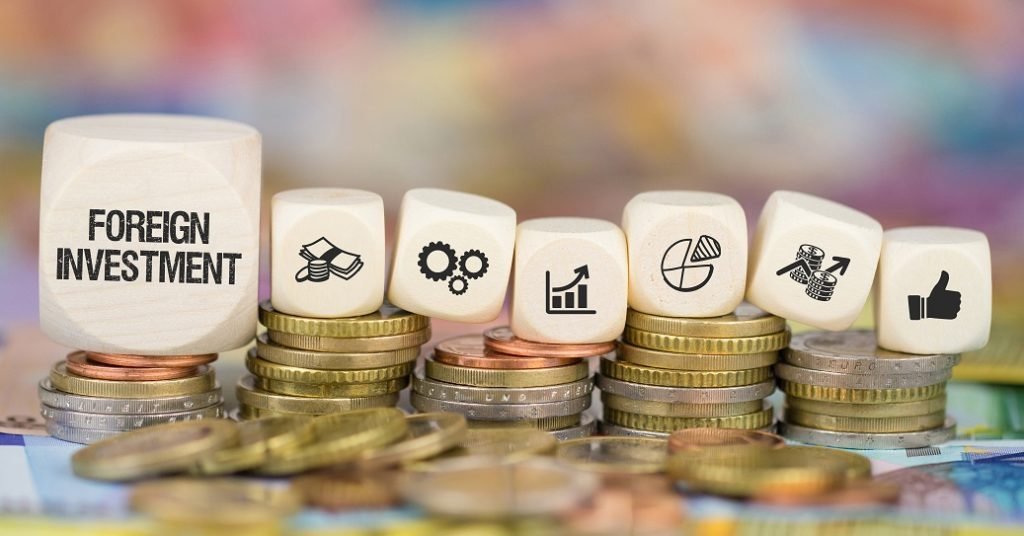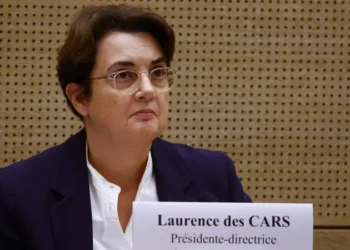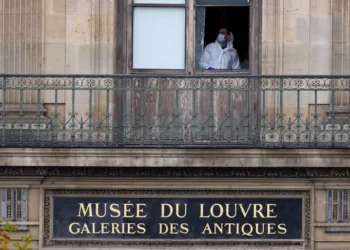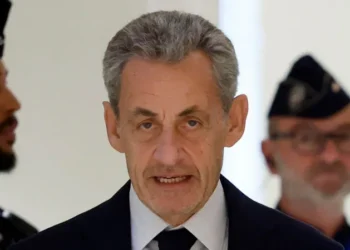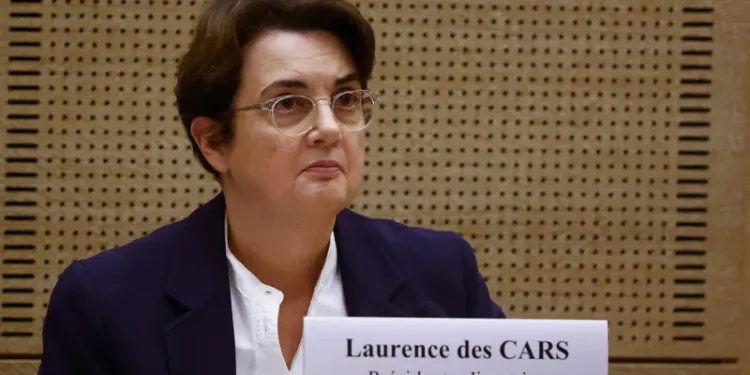The European Union (EU) has announced that the bloc is planning to tighten foreign investment rules;to make sure that local producers and industries are no longer undercut by non-EU investors, who have;faced “slacker rules” up to now.
EU officials made this assertion at a media conference on the proposal for a regulation to address distortions caused;by;foreign subsidies in the European Single Market.
Speaking at the conference, Internal Market Commissioner of the bloc, Thierry Breton posited;that with the proposal, the EU is “closing a gap in our rule book to make sure that all companies;compete on an equal footing.”
EU Vice President, Margrethe Vestager, added;that the goal of the proposal is to “build Europe a stronger and more resilient economy”.
Officials noted that the COVID-19 pandemic has caused the EU economy to take an unprecedented hit. This, they indicated, has also “laid bare dependencies on strategic products in sensitive sectors,;from energy to heath, in which the bloc wants to become far more autonomous”.

The news comes hours after the bloc announced it has suspended efforts to ratify an investment deal with China because of tensions between Brussels and Beijing.
Experts say the proposed plans will surely affect China, which has invested heavily in Europe. The EU estimates that foreign direct investment from the EU to China has reached more than €140 billion over the last 20 years, while investment from China to the bloc totals almost €120 billion.
‘Environment not conducive’ for investment deal ratification
Earlier, the EU suspended efforts to ratify an investment deal with China, despite reaching an agreement in principle in December 2020.
Addressing reporters, Valdis Dombrovskis, executive vice-president of the European Commission intimated;that the “environment is not conducive to the ratification”
“We have for the time being;suspended efforts…because it’s clear that, in the current situation, with the sanctions of the EU against China and the Chinese counter-sanctions, including against Members of the European Parliament, the environment is not conducive to the ratification of the agreement.
“We cannot ignore the wider context of relations between the EU and China”. firstly

In March, the European Union imposed the bloc’s first sanctions against China in more than 30 years. A number of measures, designed in coordination with Western allies, targeted four Chinese officials and one entity believed to be involved in the alleged human rights violations of the Uyghur Muslin minority.
China reacted swiftly with the Chinese Foreign Ministry announcing sanctions on ten European individuals, including five Members of the European Parliament. Additionally, four entities were also hit with sanctions, including the European Parliament’s subcommittee on human rights.
As a result, three of the main political parties in the European Parliament (S&D, Renew Europe and Greens), which together hold 45% of the seats, announced that, as long as the sanctions remain in place, the parliament will refuse to even open the debate for ratification.
Read Also: Gov’t spent GH¢ 421.6m to ensure the provision of Decent Work in 2020



